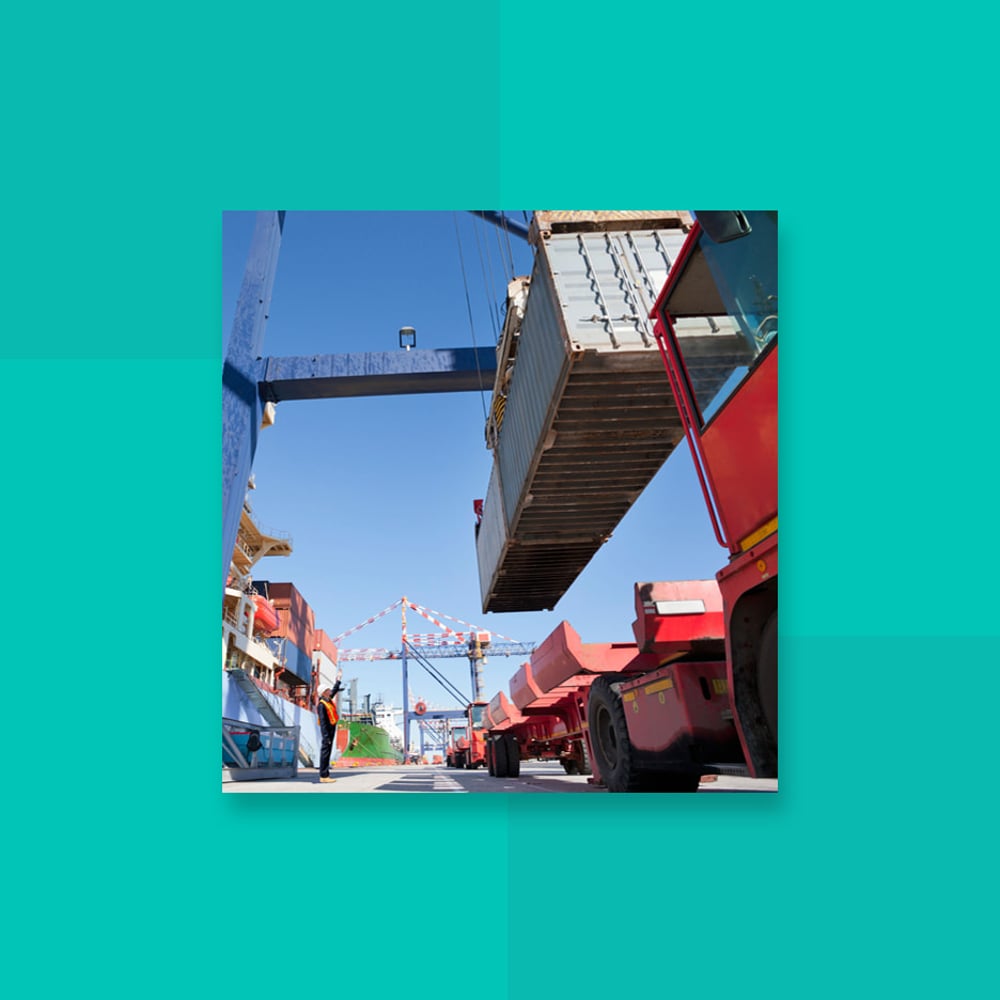The IMO Carriage of Cargoes and Containers Sub-Committee is where all matters related to the carriage of packaged dangerous goods, solid bulk cargoes, bulk gas cargoes, containers, and zero and low carbon fuels are discussed. The Sub-Committee reviews or updates relevant codes including the IMSBC, IMDG, IGF and IGC Codes.
The Ninth session of the IMO Carriage of Cargoes and Containers Sub-Committee(CCC 9) met in London from 20 - 29 September. A lot of interest is currently centred around the development of various guidelines related to alternative fuels which will greatly help the industry in its decarbonisation objective. A lot of interest is currently centred around the development of various guidelines related to alternative fuels which will greatly help the industry in its decarbonisation objective.
Outcomes from CCC 9:
Alternative fuels
-
Interim guidelines for the safety of ships using hydrogen as fuel
These guidelines have been further developed. They are goal-based and provide provisions for the arrangement, installation, control and monitoring of machinery, equipment and systems using hydrogen as fuel to minimise the risk to the ship, its crew and the environment. Additional intersessional work will be carried out with the aim to present the progress to CCC 10 (September 2024).
-
Interim guidelines for the safety of ships using low flashpoint oil fuels
These guidelines are expected to be finalised in 2024. They provide an international standard for ships using oil-based fossil fuels, synthetic fuels and biofuels with a flashpoint between 52°C and 60°C. A Correspondence Group will continue the discussions and submit a report to CCC 10 (September 2024).
-
Interim guidelines for the safety of ships using ammonia
These guidelines have been developed further. They provide an international standard for ships using ammonia as fuel. They are goal-based and will provide provisions for the arrangement, installation, control and monitoring of machinery, equipment and systems using ammonia as fuel to minimise the risk to the ship, its crew and the environment. Additional intersessional work will be carried out with the aim to present the progress to CCC 10 (September 2024).
-
Interim Guidelines for Use of LPG Cargo as Fuel
Due to the urgent industry need, IMO has tasked CCC to develop these guidelines. Their purpose is to provide unified specific guidance for ships using liquefied petroleum gas (LPG) cargo as fuel. They are written in a goal-based manner and have been finalised. They are expected to be agreed at MSC 108 in May 2024.
Revision of the Interim recommendations for carriage of liquefied hydrogen in bulk
As the size of hydrogen containment systems grow due to ships’ need for longer routes, the structural strength requirements of a vacuum vessel becomes a significant challenge. Hence, to facilitate the implementation of large-scale liquid hydrogen cargo enclosures aboard ships, novel containment system designs need to be explored. Notwithstanding many technical and human centred challenges, the Interim recommendations for carriage of liquefied hydrogen in bulk have been finalised and will be sent to MSC 108 for approval.






